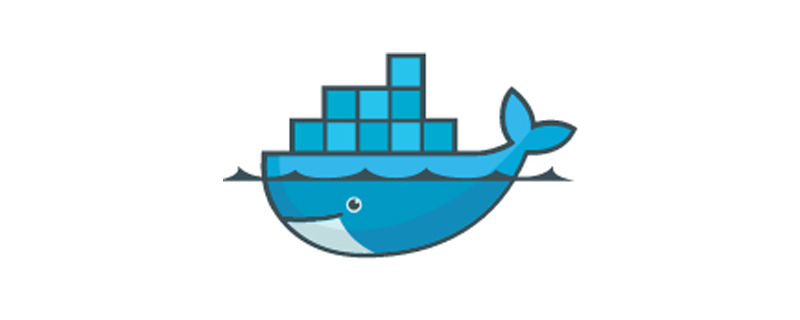Home >Operation and Maintenance >Docker >In what areas is docker mainly used?
In what areas is docker mainly used?
- 王林Original
- 2020-04-14 14:09:584634browse

8 usage scenarios of docker:
1. Simplified configuration
The biggest advantage of a virtual machine is that it can run various tasks on your hardware facilities A platform (software, system) with different configurations. Docker provides the same functionality at reduced overhead, allowing you to put the running environment and configuration into code summaries and then deploy them. The same Docker configuration can be used in different environments, thus reducing the coupling between hardware requirements and application environments.
2. Code pipeline management
The code needs to go through many intermediate environments from the developer's machine to the final deployment in the production environment, and each intermediate environment has its own slight differences. . Docker provides applications with a consistent environment from development to launch, making the code pipeline much simpler.
3. Improve development efficiency
The common goals of developers in different environments:
1. Want the development environment to be as close to the production environment as possible;
2. Want to quickly set up a development environment;
The machine in the development environment usually has relatively small memory. When using virtualization before, we often needed to add memory to the machine in the development environment, but now Docker can easily enable dozens of The service runs in Docker.
4. Isolated Applications
During development, different applications will be run on one machine.
1. In order to reduce costs, perform server integration;
2. Split a monolithic application into low-coupling individual services (microservice architecture);
5. Integrate servers
Docker’s ability to isolate applications allows Docker to integrate multiple servers to reduce costs. Without the memory footprint of multiple operating systems and the ability to share unused memory among multiple instances, Docker can provide a better server consolidation solution than virtual machines.
6. Debugging capabilities
Docker provides a lot of tools. These tools are not necessarily just for containers, but they are applicable to containers. They provide many functions, including the ability to set checkpoints for containers, set versions, and view the differences between two containers. These features can help debug bugs.
7. Multi-tenant environment
In the application of multi-tenant environment, it can avoid the rewriting of key applications. One of our special examples of this scenario is developing a fast, easy-to-use multi-tenant environment for IoT (Internet of Things) applications. The basic code of this kind of multi-tenancy is very complex and difficult to handle. Re-planning the application not only consumes time but also wastes money.
Using Docker, you can create isolated environments for multiple instances of each tenant's application layer. This is not only simple but also low-cost, because the Docker environment starts quickly and the diff command is very efficient.
8. Rapid deployment
Docker creates a container for the process without starting an operating system, and the time is shortened to seconds.
You can create and destroy resources in the data center without worrying about the overhead caused by restarting. Usually the resource utilization rate of data centers is only 30%. By using Docker and effective resource allocation, resource utilization can be improved.
Recommended tutorial: docker tutorial
The above is the detailed content of In what areas is docker mainly used?. For more information, please follow other related articles on the PHP Chinese website!

